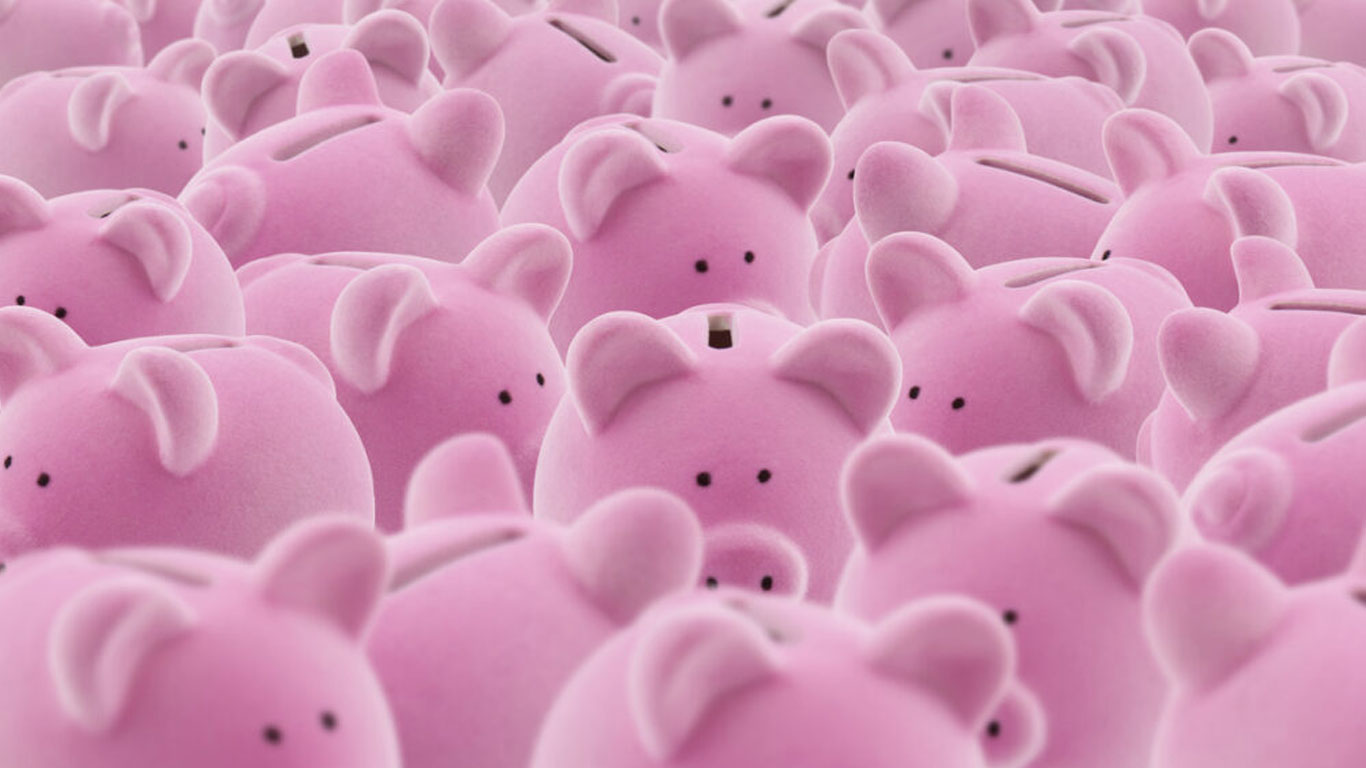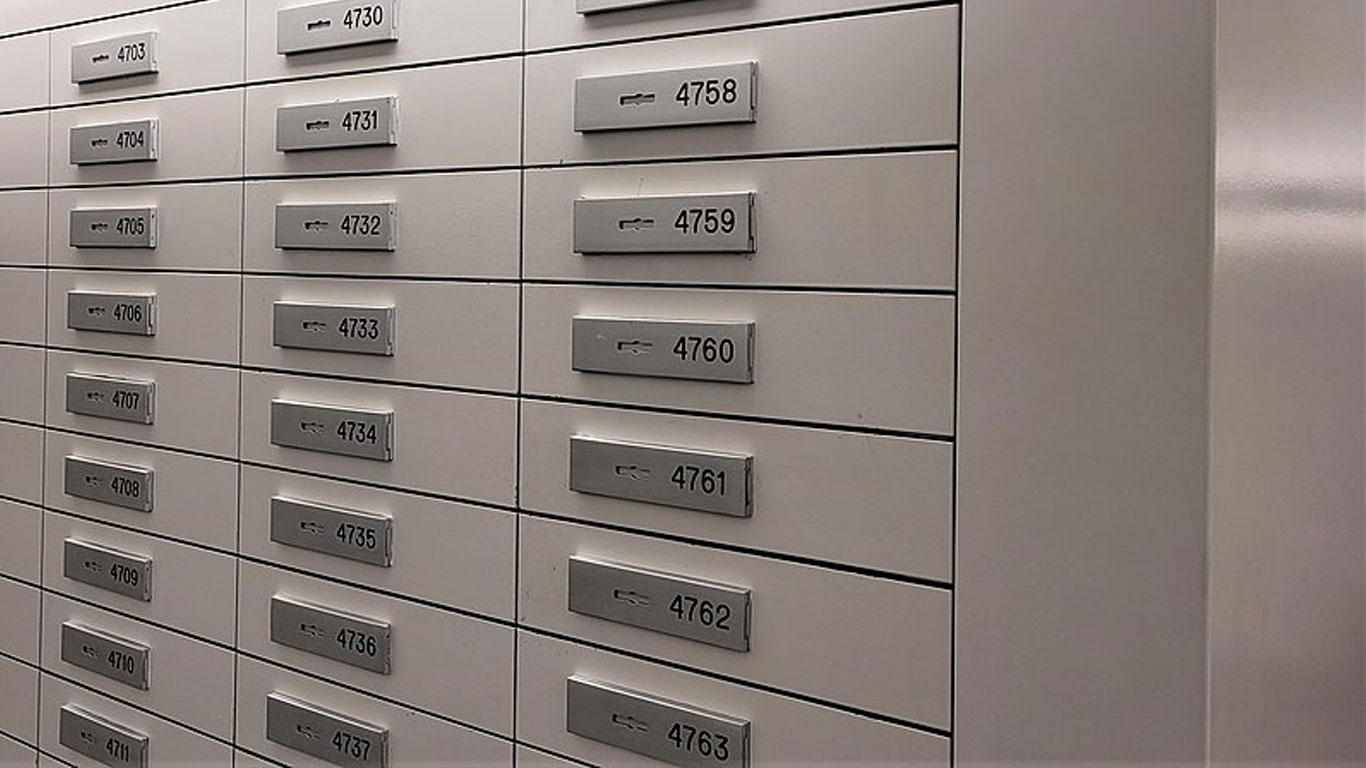Back in the day, you could get a free toaster when you opened a new bank account. My husband had an aunt with more than 35 bank accounts (and presumably at least 35 toasters). Lots of bank accounts doesn’t mean you are rich; it just means your heirs have a headache coming when you pass away. None of his aunt’s accounts had large balances, but when she died, it was a nightmare of paperwork to track them all down and get them closed. At least they knew where to start because she was receiving statements every month for all of those accounts.
Now, in our world of electronic statements, it’s almost impossible to track down bank and investment accounts unless you know where to look. You can always roll the dice and hope they send an interest statement through snail mail at the end of the year for taxes, but that’s not ideal (or foolproof).
Three suggestions:
One: consolidate your bank accounts
I have a friend who sensibly opted into every pension plan of every employer she’s ever had, and now, near the end of a long career, she has a trail of 401(k) accounts all over the United States. Secondary issue: over the years, her beneficiary choices have changed but she hasn’t updated those old accounts so if she dies today, the money is going to go to the wrong people.
If it makes sense, roll those random small accounts into one bigger account, or at least have them at one institution. If you don’t want all your eggs in one basket, you can still minimize the chaos by choosing two or three banks.
Don’t forget to update your address and beneficiary information at least annually!
Two: add a “POD” or Payable-on-Death beneficiary to all checking and savings accounts
This is the easiest, cheapest way to make sure your heirs have immediate access to your accounts when you die. A POD means the money goes directly to the person named, without having to go through probate. This is especially helpful if your heirs will need money to pay your medical bills, fix your house to sell it, or pay for your funeral. (Your POD can’t access your account until you pass away.)
Three: write it down!
If you have many different accounts, and you manage them properly, that’s perfectly fine, but make a note of it somewhere! List the institution, type of account, account numbers, the maturity dates, and the contact information of the broker/banker. Review this list at least annually to make sure everything is up to date.
You worked hard for your money. Having it in lots of different bank accounts doesn’t make you rich; it just makes it harder to manage, both for you and for your heirs.




